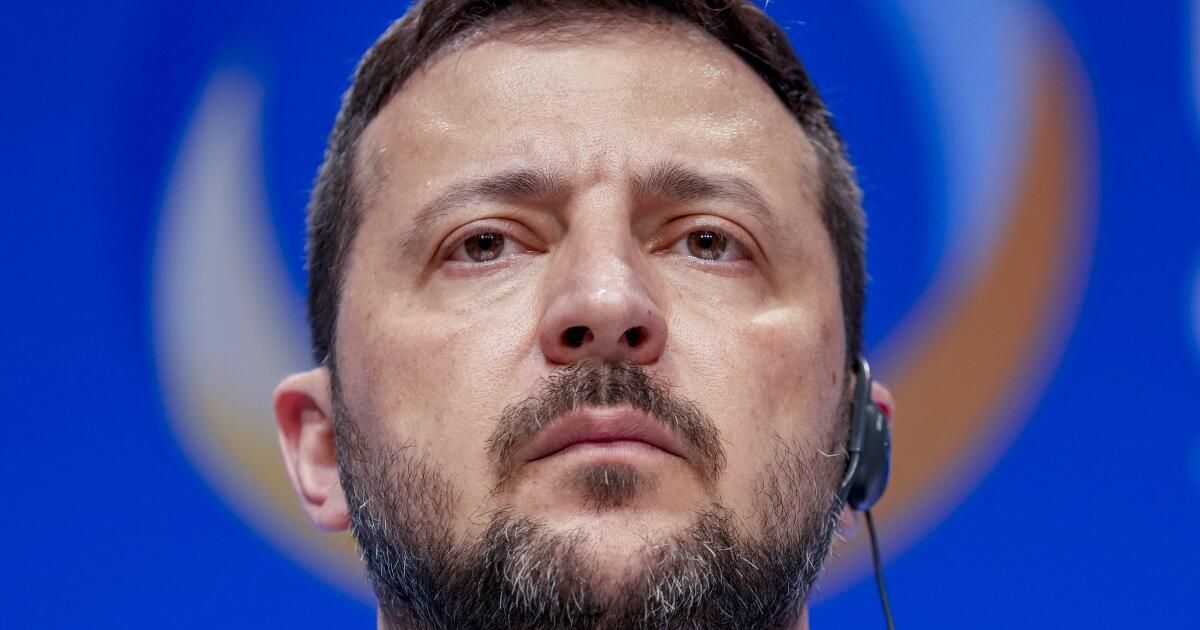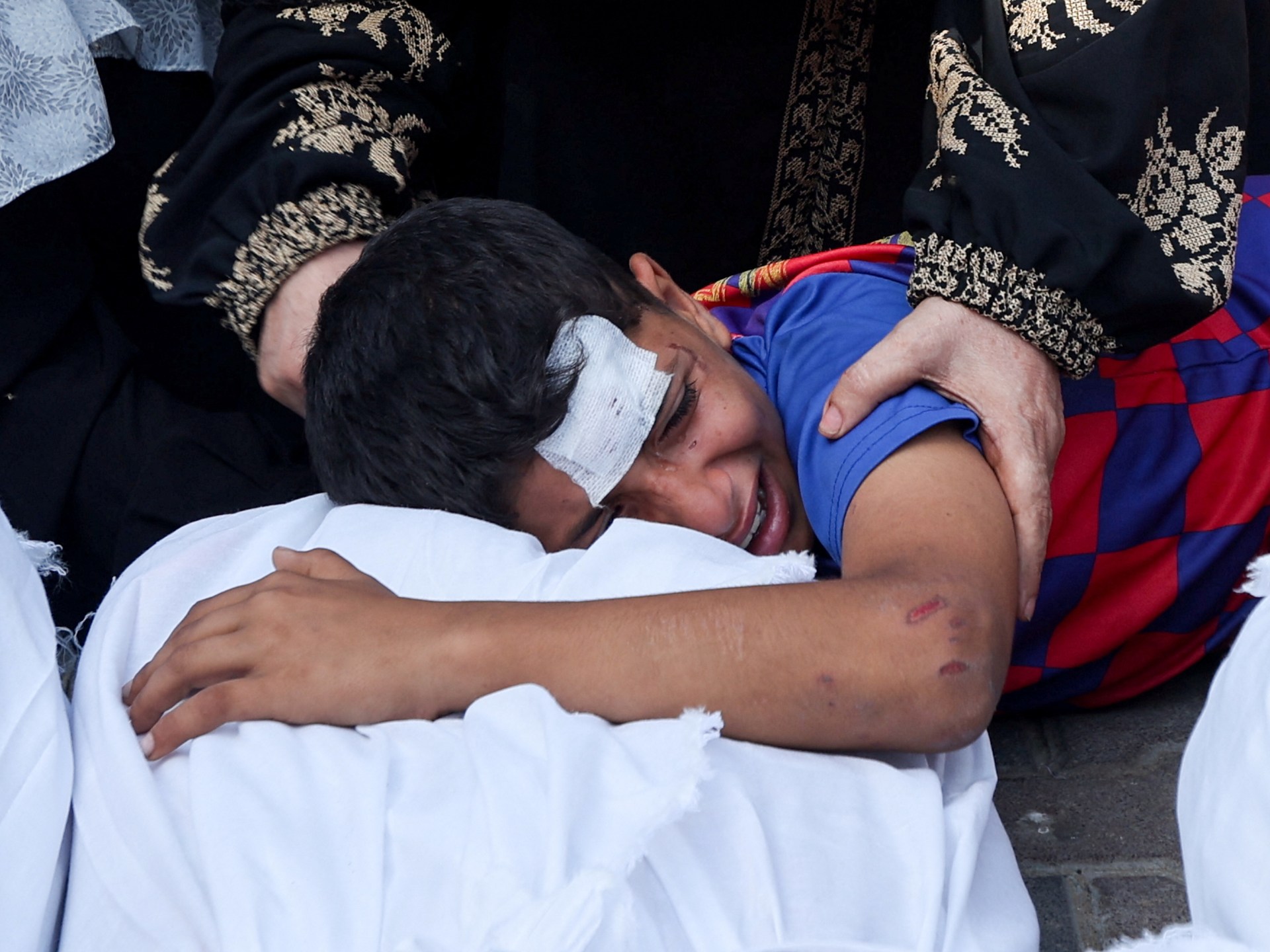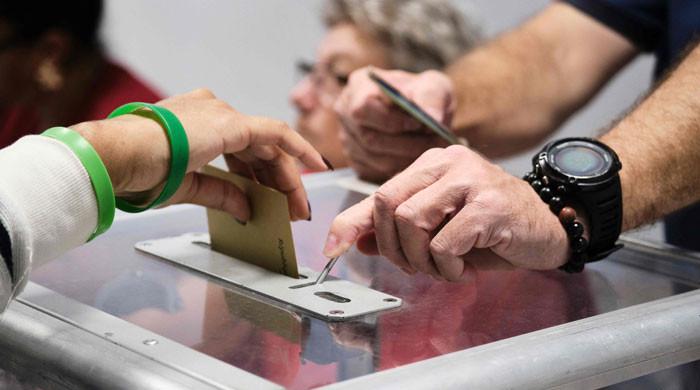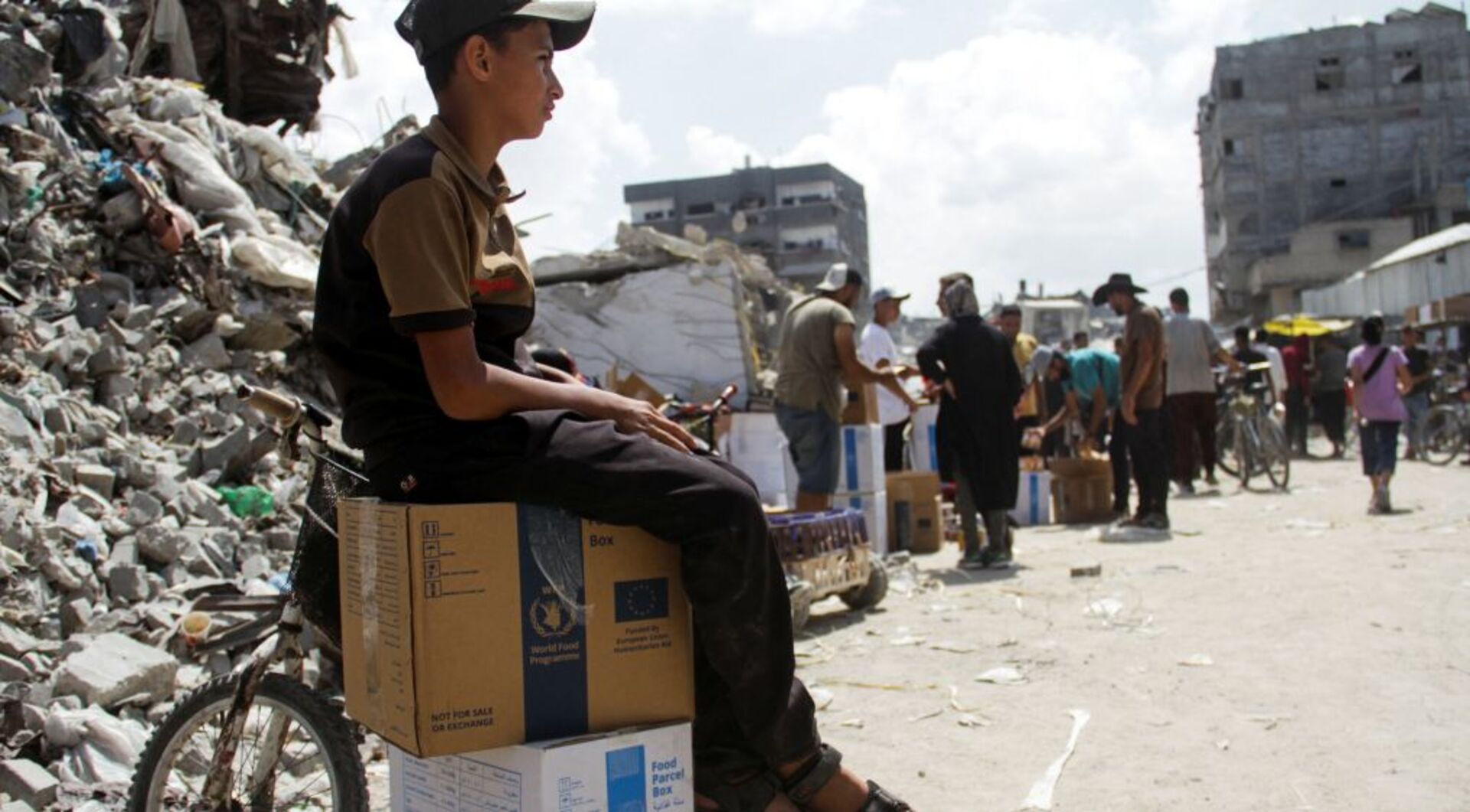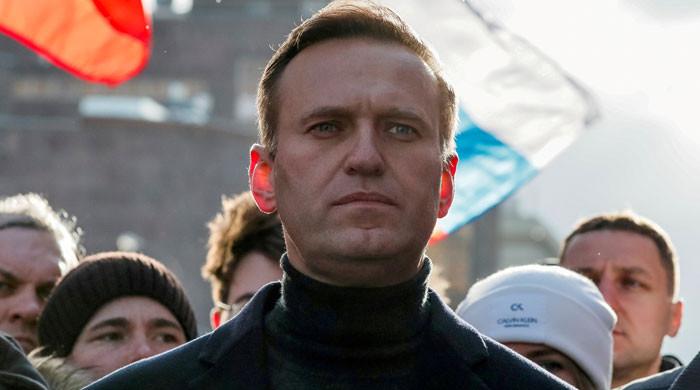First it was the D-Day beaches in France, then the heart of the once divided German capital. Starting Thursday: a walled complex in southern Italy, then to the mountainous shores of Lake Lucerne in Switzerland.
In Europe this month, Ukrainian President Volodymyr Zelensky seems to be everywhere.
There is an ironclad calculation behind that ubiquity: nearly 28 months into a brutal war with Russia, as Ukraine struggles to defend itself from a far more powerful enemy, maintaining European backing is seen as nothing less than mission critical.
The Ukrainian leader's message has been unchanged: his country's bloody confrontation with Russian President Vladimir Putin is also Europe's struggle. If Russia were allowed to triumph, Zelensky warned, the continent would face unthinkable consequences.
“It is in our common interest that Putin personally lose this war,” he told German lawmakers in an emotional speech Tuesday in the cold, gray chambers of the Bundestag, Germany's federal parliament.
As always, Zelensky leaned heavily on site-specific symbolism, invoking Germany's painful Cold War past.
Just down the winding path of the Berlin Wall, which fell nearly 35 years ago, he called on lawmakers not to accept Russia's territorial grab in Ukraine, where Moscow claims four provinces and the Crimean peninsula.
“You can understand why we are fighting so hard against Russia's attempts to divide us, to divide Ukraine; why we are doing absolutely everything possible to avoid a wall between parts of our country,” the Ukrainian leader said. He received a standing ovation at the end of the speech.
At first glance, European support for Ukraine appears solid. Along with the United States, member governments of the EU and NATO alliance have contributed billions of dollars in weapons and other aid to the battle. Since the start of this extended visit, the Ukrainian leader has received promises of solidarity and new injections of cash.
But some cracks have emerged. In the run-up to last week's European Parliament elections, far-right political parties decried spending on the Ukraine war as fruitless, counterproductive and warmongering, and found some electoral success in that refrain.
In Berlin, Zelensky's speech in the Bundestag was boycotted by two parties: the far-right Alternative for Germany, or AfD, which became the country's second-largest political party in the European elections, and the populist Bündnis Sahra Wagenknecht, or BSW. .
National AfD leaders, noting Zelensky's attendance this week at a Berlin conference focused on reconstruction and other aid for Ukraine, mocked him as a “beggar president.” Meanwhile, the BSW accused him of being complicit in “a highly dangerous spiral of escalation” that could lead to a nuclear disaster.
For some of Ukraine's most prominent European supporters, these are not the best of times. The national leaders of Europe's two most influential states – French President Emmanuel Macron and German Chancellor Olaf Scholz – suffered severe setbacks in the European vote.
Macron called early national parliamentary elections in response to a major defeat for his party at the hands of the far-right National Rally party. Scholz refused to speed up the timetable for next year's parliamentary elections after his party was narrowly outnumbered by the AfD, and much more substantially by its main conservative opponents, but faced pressure from rivals demanding a new beginning.
“On Ukraine, we could start to see indecision in both Paris and Berlin,” said Matthias Matthijs of the School of Advanced International Studies at Johns Hopkins University. “Macron is going to be worried. Scholz is going to be worried.”
For Ukraine, not all the news emerging from polls in the 27-member European Union was bad. Hungarian Prime Minister Viktor Orban's autocratically-minded far-right party, which has consistently tried to undermine support for Ukraine, fared poorly.
But next month Hungary will take over the rotating presidency of the EU Council, giving Orban the opportunity to introduce anti-Ukraine obstacles into the bloc's policymaking process.
Starting Thursday in Italy, Zelensky is expected to attend the Group of 7 summit in Puglia, southern Italy, as a guest. During their meeting at the luxury Borgo Egnazia resort, G-7 leaders were supposed to reveal loans to Ukraine that use proceeds from frozen Russian assets, a plan that has already sparked howls of protest in Moscow.
On the sidelines of the Italy meeting, President Biden and Zelensky were set to sign a bilateral security agreement, but national security adviser Jake Sullivan told reporters traveling with the president that the pact would not directly commit any U.S. troops to the defense of Ukraine.
Unlike the G-7, where participants will address a range of issues including immigration, China and the war between Israel and Hamas in Gaza, Ukraine will take center stage at a peace summit hosted by Switzerland over the weekend and held at the initiative of Zelensky's government.
Switzerland said representatives from nearly 90 countries and organizations would attend, but not those from Russia. Putin's government was not invited, but said he would not have come anyway, because the mainstay of the conference is a list of Ukrainian peace proposals that he has rejected.
However, despite Ukrainian hopes, little of real substance was expected to emerge from the Swiss meeting.
In all likelihood, the emotional center of gravity of Zelensky's European sojourn occurred at its beginning. The Ukrainian president joined leaders gathered in Normandy, France, last week to mark the 80th anniversary of the D-Day invasion, a key turning point in the Allied battle against Nazi Germany.
At Omaha Beach, Biden drew an explicit link between that long-ago fight for freedom and democracy and Ukraine's fight for survival today.
“The autocrats of the world are watching closely what is happening in Ukraine,” Biden said.
On the sidelines of the ceremony, a moment occurred that was captured by cameras and later went viral on social networks. Zelensky met with a 99-year-old American military veteran of World War II, identified by a relative as Melvin Hurwitz of Frederick, Maryland, who approached the Ukrainian leader from his wheelchair.
Grabbing Zelensky's hand, Hurwitz made to kiss it, calling him “the savior of the people.” Bowing and crouching for a warm hug, Zelensky demurred.
“No, no, no,” he responded. “You saved Europe.”

